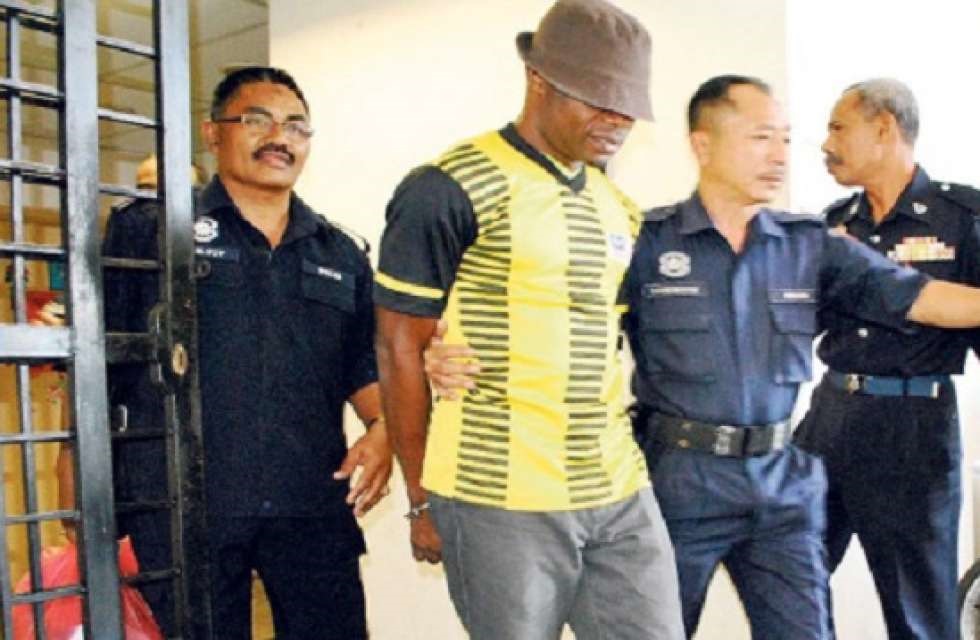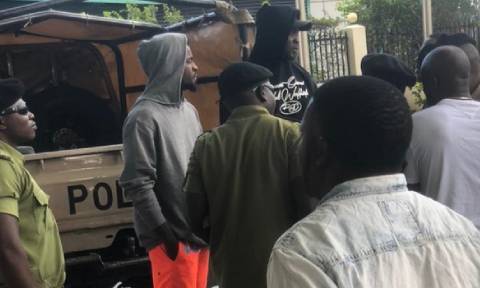
The life of death-row inmate in Indonesia, Nigerian gospel singer, Okwudili Ayotanze, is of major concern to Nigeria has calls and letters have been exchange with Indonesia to prevent the execution of the gospel act and two other Nigerians.
Okwudili, fondly called Dili, within the correctional facility, was caught in 2001 trying to smuggle 1.15 kilograms of heroin from Pakistan into Soekarno-Hatta international airport in Jakarta. While he was in jail, he got born again and began producing songs which have been said to be numbered about 70.
The Indonesia Ambassador to Nigeria, Harry Purwanto, while speaking with Vanguard, has revealed the state of things that may provide the safe release of the Nigerians who could be executed at anytime. Purwato revealed that the conditions for release of the Nigerians will be vetoed by the different institutions of government in Indonesia aside the presidential clemency given.
Purwato said, “There will be inter-agency consultations before you have a response on these Nigerians who are in Indonesian prisons and a decision can then be taken on whether or not they can be sent back to Nigeria to serve their sentences.
“Well, actually, the government of Indonesia operates on the basis of separation of power between the executive, the legislature and the judiciary. The executive does not intervene in the affairs of the other arms of government.
“Meanwhile, after a person has been tried, the role of the executive comes in at the end when clemency is required. And of course the President, when giving clemency, tries to seek advice from the ministries.”
He further stated that the capital punishment which is the verdict of the land for crimes such as narcotics and terrorism is done after the due process has been followed.
“This is not a government who sentences people to capital punishment. It is done through due process of law.
When people are apprehended for trafficking, they are tried for the sake of it in the district court; after that, convicts can go on appeal to the upper court. If they are not satisfied with the upper court, they can still appeal to the Supreme Court. After the Supreme Court, there is still one more step which is clemency,” he added.


















